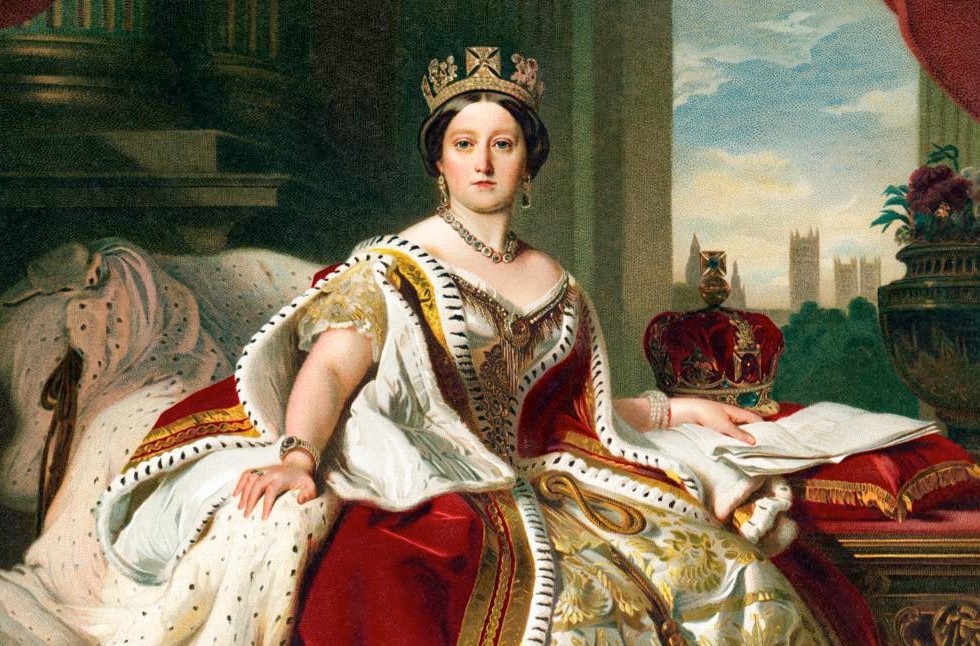
drawing of Abraham Lincoln as a boy
Today I want to get it just right. It is our precious Abe Lincoln’s 200th birthday. I want to choose just the right thing to say about him in this blog that does the great man justice, that gives us a look into his fine soul.
When I think of Lincoln, I think of his honesty, yes, his courage, of course, but mainly what comes to mind is his unfailing kindness – to Mary, his wife, when she was yelling at him while he was president and under the most terrific strain from the Civil War. He just shrugged off her verbal and sometimes physical assaults, picked up Willie or Tad and put them on his shoulders, and walked out of the room. He did not utter a harsh word at her. During his presidency, the White House was open to Civil War veterans and widows who wanted to meet with Lincoln. He would never refuse to see a one of them though he was terribly overworked, with little staff to help him run the country.
His kindness for the weakest among us showed up early in his youth. It is believed that his father Thomas Lincoln was ashamed that Abe was sensitive and fond of books, storytelling, and poetry, considering such interests “soft.” Thomas Lincoln felt contempt to discover such sentimentality in his own son. Lincoln and his father never were close. They remained isolated from one another from the time of Lincoln’s mother’s death when Abe was 9. The bad blood between them was never resolved. When Thomas Lincoln lay dying, Abraham refused a request to visit his father’s sickbed and did not attend his father’s funeral.
The following anecdote from Lincoln’s boyhood illustrates how his heart ached for the unfortunate:
He was always the champion of the helpless, no matter how humble the object of any ill-treatment might be. One day he came and caught a group of mischievous boys putting live coals on a poor mud-turtle’s back. The lads, and several girl friends, laughed to see the turtle moving slowly and aimlessly about in its surprise and misery. When Abe Lincoln saw what was going on he dashed into the group in a frenzy of wrath, snatched the shingle from the ringleader’s hand, dashed the burning coals off the poor turtle’s back, then began beating the boys with the thin board. When he had scattered them right and left, according to one of the girls who witnessed the sudden scene, “he preached against such cruelty” and, with angry tears in his deep gray eyes, told the snickering offenders that a terrapin’s or “an ant’s life is as sweet to it as ours is to us.” (1)
This boy champion of the underdog grew into a man and the 16th President of the United States of America. As a boy, he freed the turtle; as a man, he freed the slaves. Lincoln famously declared,
If slavery is not wrong, nothing is wrong.
Happy 200th Birthday, Abe Lincoln.
(1) Whipple, Wayne. The Heart of Lincoln. (Philadelphia: George W. Jacobs & Co., 1915)



















Consider this, from a speech that the Great Emancipator made in 1858, “I will say then that I am not, nor have ever been, in favor of bringing about in anyway the social and political equality of the white and black races – that I am not nor ever have been in favor of making voters or jurors of negroes, nor of qualifying them to hold office, nor to intermarry with white people; and I will say in addition to this that there is a physical difference between the white and black races which I believe will forever forbid the two races living together on terms of social and political equality.”
LikeLike
Hi, Jimmy Joe, thanks for visiting.
I’m not familiar with the quote you mention. Lincoln had a long-standing opposition to slavery. It was a position that cost him his life. In abolishing slavery, he paved the way for bringing about the change you mention – social and political equality for blacks in American society. You’ll notice that Lincoln didn’t move to give women the vote. Change comes slowly. When she was young, the times were very anti-Jewish and Eleanor Roosevelt made many anti-semitic comments in letters to her mother-in-law. Later in life, she championed African-American Marian Anderson’s right to sing at the Lincoln Memorial. People aren’t perfect; our society and each individual evolve. Lincoln thought slavery was wrong. Every man should have a right to make his daily bread.
Elected to represent Illinois in Congress in 1846, he introduced a major bill that would have abolished slavery in the District of Columbia, making him unpopular at home and costing him the political appointment he desired in the Zach Taylor administration. He returned to his law practice. But, in 1854, Stephen Douglas pushed through the controversial Kansas-Nebraska bill that allowed slavery in newly opened U.S. territories. Lincoln made a political comeback. He was quickly returned to the Illinois State legislature as an outspoken opponent on the expansion of slavery, and in 1855, he was narrowly defeated as a candidate for the U.S. Senate. In 1855, Lincoln wrote to his friend James Speed:
“Our progress in degeneracy appears to me to be pretty rapid. As a nation, we begin by declaring that ‘all men are created equal.’ We now practically read it ‘all men are created equal except Negroes and foreigners and Catholics.’ When it comes to this I should prefer emigrating to some country where they make no pretense of loving lliberty – for Russia, for instance, where despotism can be taken pure and without the base alloy of hypocrisy.”
LikeLike